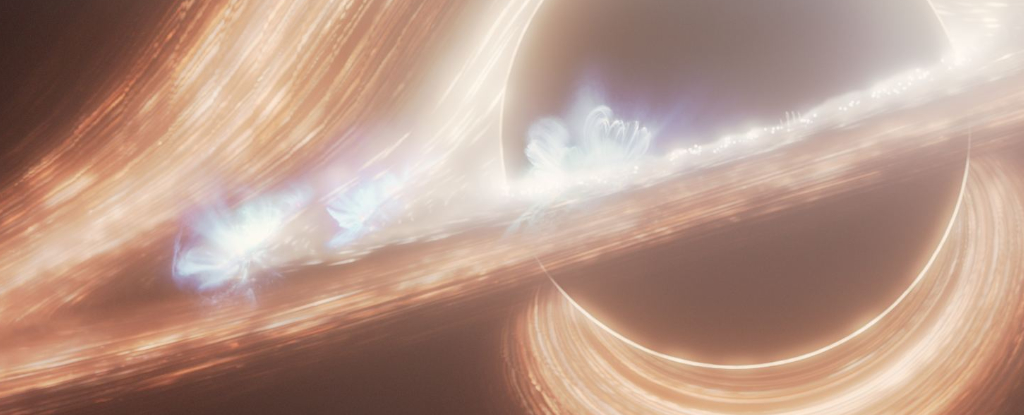In a study published in Earth and Planetary Science Letters, researchers have quantified the significant loss of continental crust to the mantle during the formation of major mountain ranges, including the Himalaya-Tibetan Plateau. Dr. Ziyi Zhu, a Research Fellow at Monash University, along with colleagues, conducted an analysis of crustal dynamics, revealing that up to 30% of the crust may have been destroyed in collision zones, with implications for Earth’s geological evolution. The findings were compared with other mountain systems such as the European Alps and the Zagros Mountains.
Massive Crustal Loss During Collisions
According to the study, the team developed a mass and volume balance model to measure the amount of continental crust that underwent subduction or delamination during collisions. By assessing the crust’s thickening, lateral extrusion, and erosion, an imbalance was identified, suggesting that a substantial portion of the crust had sunk into the mantle. Dr. Zhu told Phys.org that this process could be likened to compressing a soft material, where displaced portions disappear beneath the surface rather than being conserved at ground level.
Mechanisms Behind Crustal Recycling
The study highlighted delamination as the primary mechanism driving crustal recycling, especially during the formation of the Himalayan-Tibetan Plateau. This process, marked by the sinking of denser lithospheric material, was linked to the generation of specific rock types with geochemical markers indicating mantle influence. Evidence also connected these events to rapid uplift of the Himalayas and subsequent climatic changes, including intensified monsoon rainfall around 22 million years ago.
Implications Across Mountain Systems
In other regions, such as the European Alps and the Zagros Mountains, similar processes were reported. Nearly 50% of the Alps’ crustal volume and up to 64% of the Zagros Mountains’ crust were lost during their respective formation periods. The research suggests that such losses have occurred throughout Earth’s history, influencing mantle composition over billions of years.
This research underlines the interplay between deep-Earth processes and surface changes, offering insights into how crustal dynamics shape the planet.
For the latest tech news and reviews, follow Gadgets 360 on X, Facebook, WhatsApp, Threads and Google News. For the latest videos on gadgets and tech, subscribe to our YouTube channel. If you want to know everything about top influencers, follow our in-house Who’sThat360 on Instagram and YouTube.






